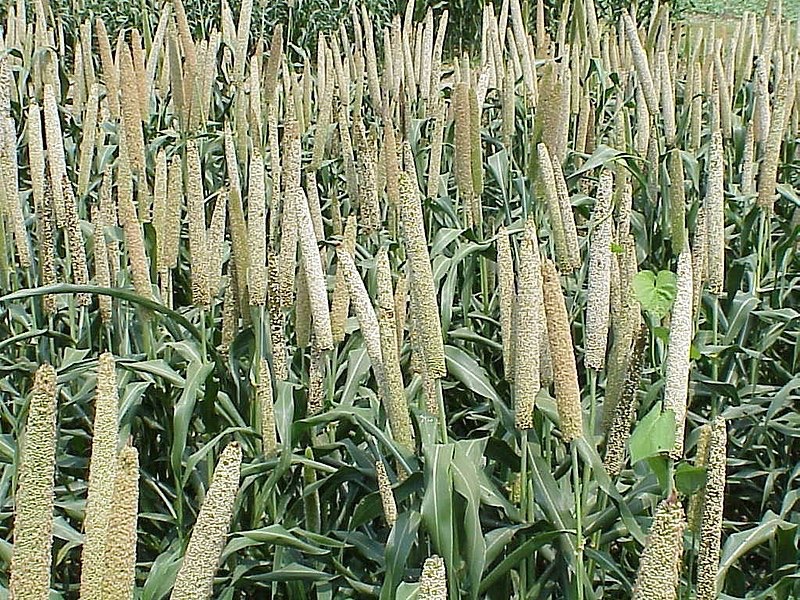NEW DELHI
A significant growth of startups in the millet sector has turned the attention of the highest levels of Government to making the millet movement a mass movement in India and globally. Engagement of younger individuals and innovation from large retail organisations have sparked a vibrant startup movement for promoting millets with India witnessing the emergence of more than 80 startups in the millet sector within the past year and a half, responsible for developing well-packaged products.
The nation’s culinary history bears witness to millets being extensively used across all cultures, states, and cuisines in India before being overshadowed by rice and wheat. Millet is also being associated with environmental responsibility, as a low environmental impact grain, especially concerning water consumption. Khader Vali, known as the Millet Man of India points to the sustainable cultivation of millets, which requires minimal water.
A new FICCI PwC Knowledge Report on propelling India’s millet sector towards a sustainable future, outlines the policy implications for the next 10 to 15 years, production aspects, awareness creation, innovation, and market
Shashi Kant Singh, Partner at PwC India, prioritises awareness creation as a key aspect of the proposed strategy in the report. “The report highlights the importance of mainstreaming millets and prioritising the interests of cultivators, consumers, and investors alike,” says Singh. The third area of action is innovations for increasing the area under millet cultivation along with dedicated product development endeavours. This would be helpful in increasing consumption. “Demand generation through public-private partnership models and global initiatives would be helpful in the long run to sustain the fervour,” adds Singh. Acknowledging the significant work done by the government in promoting millets, Singh also suggests that this can well be a jewel in India’s soft power diplomacy.
There are however formidable challenges as highlighted by the report. In most production areas in India, millets are still cultivated using indigenous traditional knowledge (ITK) by smallholder farmers who already lack resources for the adoption of farm mechanisation for millet cultivation. The core reason for this is not the lack of modern millet production technologies but farmers either lacking the awareness or accessibility to those innovations. Another obstacle that needs to be addressed is the short shelf life of processed millets. While prepared meals quickly go rancid, millet flour can only be stored for very short durations. This raises storage concerns and renders processed products more prone to pest infestation.
Going ahead, the Government is looking to drive continuous efforts to provide guidance and support to small entrepreneurs and startups in the millet area, recognising the need for handholding rather than focusing solely on large export houses. There is also focus on sustaining the momentum after the launch of the campaign to take it to the next level. Looking further, President of TAFE, TR Kesavan advocates for integrating millets into the regular diet given its nutritional value and climatic resilience and income generation for farmers. To ensure millets receive conscious attention from all stakeholders to transform them into an attractive and profitable crop for millet-growing farmers, Kesavan feels the concept of farmer producer organisations (FPOs) must be intensified, functioning as the cornerstone of this transformation. By seamlessly integrating FPOs with forward and backward linkages, empowering millet FPOs with knowledge and best agricultural practices, a robust supply chain can be forged that spans from the farm to the market. This has the potential to revolutionise the agricultural landscape, adds Kesavan.

